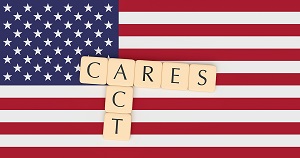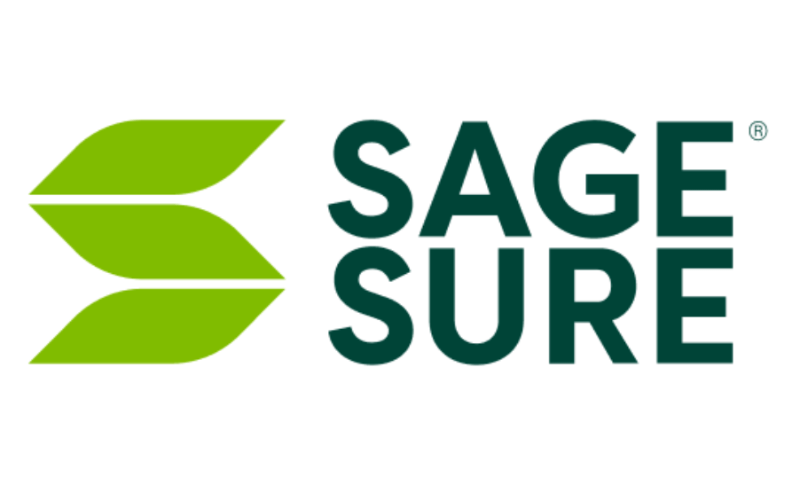
What Businesses Need to Know About the CARES Act On March 27, President Trump signed the Coronavirus Aid, Relief & Economic Security (CARES) Act into law.This massive piece of legislation is intended to help employers and individuals who have been impacted by the COVID-19 pandemic.The bill provides loans, grants and other benefits to qualifying businesses.
The Lead up to the CARES Act To prevent the spread of COVID-19, people are being asked to stay home and practice social distancing, while many states have issued shelter-in-place orders.According to CNN, at least 27 states will have stay-at-home orders in place by March 30, impacting 225 million people.Many businesses have temporarily shut their doors.
Other businesses have had to change the way they operate.DOL data shows that 3,283,000 initial unemployment claims were filed in the week ending March 21.This is an increase of more than 3 million from the previous week’s level and marks the highest level of seasonally adjusted claims.
The government has responded to both the health crisis and the economic crisis with multiple pieces of legislation.One of these was the Families First Coronavirus Response Act (FFCRA), which requires employers with fewer than 500 employees to provide paid leave for coronavirus-related reasons.Another is the CARES Act.
The Biggest Economic Relief Package in American History The CARES Act is the biggest economic relief package in American history.It contains multiple provisions geared toward helping individuals and businesses, including: Many businesses currently struggling to retain workers and stay afloat can benefit from the loan, grant and tax credit options in the CARES Act.These provisions include forgivable loans to cover payroll.
The loans are available to businesses with no more than 500 employees.Eligible businesses can borrow up to $10 million or 2.5 times their average monthly payroll costs, whichever is less.The loan may be forgiven if it is used to cover payroll and certain other allowable costs during the eight weeks following the loan origination, but the amount forgiven may be reduced if employees are laid off or given reduced wages.
Other provisions for employers include: Where to Go from Here Affinity HR Group, a Big I Hires partner, has a helpful webinar on the FFCRA and the CARES Act, as well as information for businesses on navigating closures, furloughs and leave issues.There are many other provisions, restrictions and eligibility requirements in the CARES Act.In order to participate in loans, grants, credits and loan forgiveness under the CARES Act, businesses will need to meet the criteria detailed in the bill.
The provisions are intended to help with the COVID-19 pandemic, and specific dates apply relevant to this.Businesses that are interested in securing aid should discuss matters with their legal advisors and banks.This has been a difficult time for many businesses, but the CARES Act should help many employers stay afloat.
BNC is here with the information and resources you need.(Click on CARES Flowchart to download a pdf)
Publisher: Normal for Business








